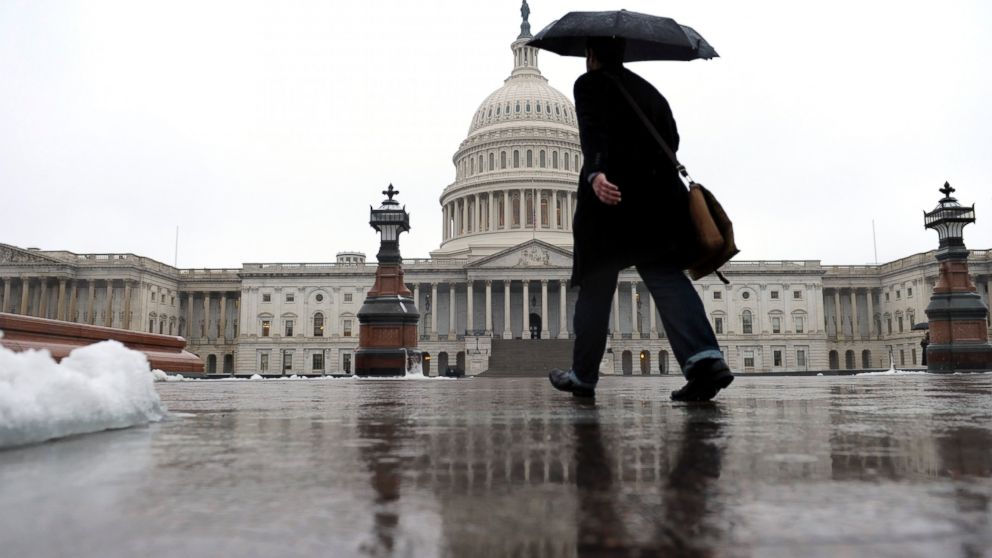A Lot More Conversation, a Little Less Action in 2014
Congress appears forever doomed to lurch from one crisis to another.

Jan. 17, 2014 -- Call it a crisis of confidence, but in recent years a pall has set in on Capitol Hill. No longer the place of grand bargains, Congress appears forever doomed to lurch from one crisis to another, the gridlock in the legislative engine threatening to explode all over both parties.
Voters have noticed.
According to Gallup, Congressional approval ratings stood at a dire 12 percent in December 2012, which seems awful until you consider they were at 9 percent in November. Whereas legislative minutiae was once the exclusive territory of staff, lobbyists and die hard C-SPAN viewers, the preponderance of websites, social media, interest groups and casual observers has raised even the most mundane act of Congress to the level of breaking news.
In some ways, the level of interest has been helpful. Elected Officials such as Marco Rubio have ridden a wave of grassroots support to overcome more entrenched interests and win the hearts and votes of an electorate that may otherwise have never heard of them. However, Sharon Angle and Christine O' Donnell stand as testament that sometimes a social media hero isn't quite ready for prime time.
The effect on actual governance has been more pronounced. Until they passed a budget late last year, Congress had been stuck in neutral, passing one continuing resolution after another, while slowly ceding more and more power to the Executive branch. When Republicans eliminated earmarking in 2006, it further weakened its power over the purse and virtually eliminated a cottage industry in D.C.
To be sure, the agreement hammered out by Paul Ryan and Patty Murray wasn't perfect –- the uproar from interest groups on both sides of the ideological spectrum helped provide background music to the host of D.C. holiday parties.
Despite that, the agreement is a small step that may allow Congress to finally begin working again. Moreover, as one Republican leadership aide pointed out, "We get that not everyone will love this. However, it allows us to focus on small victories, doing the actual business of governing –- that's important going into an election year."




